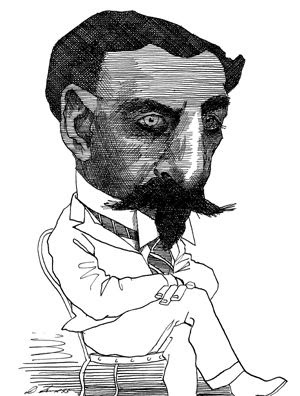Bobby Lee Goosey
Growing into Grown
Are you a kid? You are? Have you got a big toe? You don’t
know? Take a look at your feet; you have toes on them, and for 100% sure you
have a big toe: in fact you have two. Don’t you? Yes, you do.
Have you ever thought to watch a big toe grow? Because it is
growing, you know. Every minute of the day. And even in the nighttime while you
sleep. It’s growing. And your ears are too. And your nose. And every little pimple
on your butt. They’re all growing.
So why not sit down some time—when you have nothing else to
do—and watch things grow? You can use a mirror to watch your nose. Go get a
mirror.
Okay. Are you watching your nose? Are you? You are? In the
mirror, right? You say you can’t see anything? You say nothing’s changing; your
nose won’t grow? You tell me you don’t really believe what I’m telling
you—about how your nose and toes and ears and pimples all grow?
Well, thing is they all like to grow, but they like to
go/grow slow. Then again, maybe they don’t like being watched. Even you, I
suspect, while you’re growing—and you are—wouldn’t want people staring at you
as you grow. Now, would you? Saying, “Look at that there kid; now ain’t he/she
growing, though!”
Tell you what to do. Tell you how to check to make sure that
your growing is going as growing should go. Before you go to bed tonight take
out a ruler, a measuring stick. Measure your big toe, the one on your right
foot. Or the one on your left foot, either one’s okay. Write down how many
inches it is.
Now then. Do you like to suck a finger, to help you go to
sleep? You do? Which one? Not the thumb? Okay, right, the index finger. So.
Before you go to bed tonight—and right after you measure your big toe—measure
that index finger, your sucking finger.
Then all you have to do when you wake up in the morning is:
take your big toe, same one, and measure it again with the ruler. If you’re
growing at the proper rate it will be a half-inch longer. Then take your
sucking finger out of your mouth. Is it wet? Good. Measure it again.
Your sucking finger should be about one inch longer. It
should be growing faster than your big toe. Why? It grows faster because it
gets more water. Toes and fingers are like plants: they need watering. So,
anyway, that’s it: that’s how to tell if your growing is going as your growing
should go.
What if you discover that your big toe and your sucking
finger aren’t growing that fast? Don’t worry. They’ll grow. That’s their job.
If you want your big toe to grow faster dip it in water a few times a day. Or
use it tonight to suck your way to sleep; give your index finger a rest.
And if none of this makes sense to you don’t worry about it.
There’s no point in worrying about growing. Or, in fact, about anything else on
earth. People tend to think that things in their lives won’t work out. That’s
why people worry. But the worriers have it wrong; in the end of all ends things
all work out. There’s nothing on earth that won’t work out; all it takes is
time. Don’t forget that. And your growing grows all by itself. You’ll see. One
day you’ll wake up all full-grown. Your nose, your ears. And your big toes too.
Grown. What a relief. You’ll say, “Dang. I’m all done growing and now I’m growed!”
















